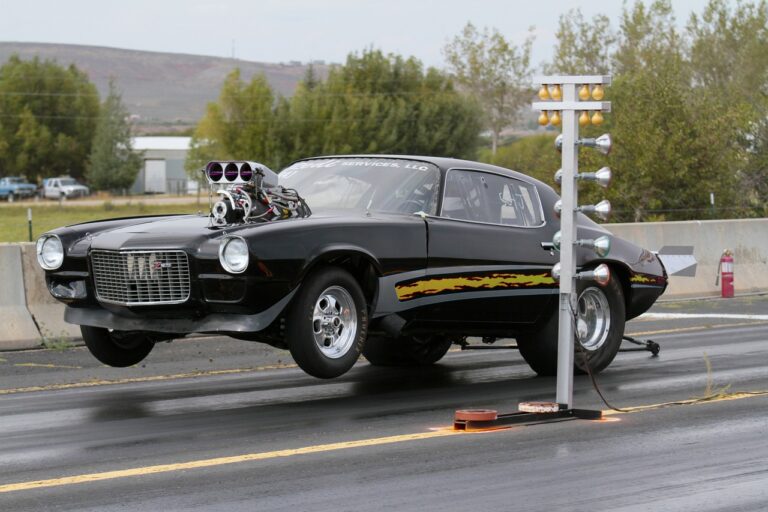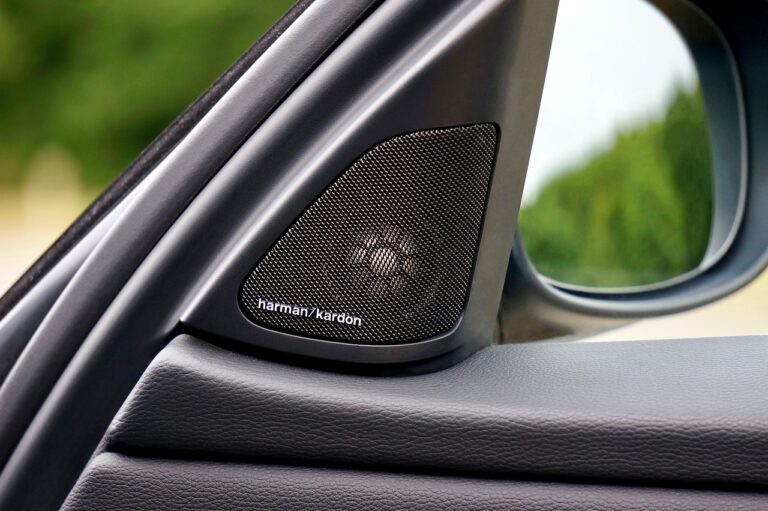The Influence of Vehicle Dynamics on Steering Calibration
sky247.in login, 11x game login, 99exch:The Influence of Vehicle Dynamics on Steering Calibration
Have you ever wondered why your car doesn’t quite feel like it’s steering correctly? It might be due to the vehicle dynamics affecting the steering calibration. Vehicle dynamics play a crucial role in how a car handles on the road, and steering calibration is a critical component of that. In this article, we’ll delve into the influence of vehicle dynamics on steering calibration and how it impacts your driving experience.
Understanding Vehicle Dynamics
Vehicle dynamics refer to the interactions between a vehicle’s components, such as the suspension, tires, and steering system, that affect how the car behaves on the road. These dynamics are influenced by factors like weight distribution, suspension settings, tire grip, and the overall design of the vehicle.
One key aspect of vehicle dynamics is how the car responds to steering inputs. The steering system is calibrated to provide a certain level of responsiveness and feedback to the driver. However, this calibration can be affected by various factors, including the vehicle’s center of gravity, suspension geometry, and tire characteristics.
How Vehicle Dynamics Impact Steering Calibration
The influence of vehicle dynamics on steering calibration is multi-faceted. For example, a car with a higher center of gravity will tend to roll more in corners, affecting how the steering responds. This can lead to a feeling of instability or a lack of precision in the steering.
Similarly, the suspension geometry plays a crucial role in steering calibration. The camber, toe, and caster angles of the wheels can impact how the car handles and how the steering feels to the driver. If these angles are not set correctly, it can result in uneven tire wear, poor handling, and a lack of steering accuracy.
Tire characteristics also play a significant role in steering calibration. The type of tire, its size, tread pattern, and inflation pressure can all affect how the car responds to steering inputs. For example, a wider tire will provide more grip, but it can also make the steering feel heavier and less responsive.
Overall, the vehicle dynamics have a direct impact on how the steering system is calibrated. A well-calibrated steering system will provide a balance between responsiveness, stability, and feedback to the driver. However, if the vehicle dynamics are not taken into account during calibration, it can result in a subpar driving experience.
Improving Steering Calibration
To improve steering calibration, it’s essential to consider the vehicle dynamics and how they affect the steering system. This can involve making adjustments to the suspension settings, aligning the tires correctly, and ensuring that the steering system is properly calibrated for optimal performance.
Additionally, regular maintenance and checks are crucial to ensure that the steering calibration remains accurate. This includes checking for wear in the suspension components, aligning the wheels, and inspecting the tires for proper inflation and wear patterns.
By understanding how vehicle dynamics influence steering calibration and taking the necessary steps to optimize it, you can enhance your driving experience and ensure that your car handles precisely and predictably on the road.
FAQs
Q: How do I know if my steering calibration is off?
A: Some signs that your steering calibration may be off include uneven tire wear, a lack of responsiveness or precision in the steering, or a feeling of instability when driving.
Q: Can I calibrate my steering system myself?
A: While minor adjustments can be made to the steering system, it’s recommended to have a professional mechanic or technician perform the calibration to ensure it’s done correctly.
Q: How often should I have my steering system calibrated?
A: It’s a good idea to have your steering system checked and calibrated as part of your regular maintenance schedule, typically every 12 months or 12,000 miles.
Q: Will steering calibration improve my car’s handling?
A: Proper steering calibration can improve your car’s handling by providing better responsiveness, precision, and feedback to the driver.
Q: What can I do to maintain my steering calibration?
A: To maintain your steering calibration, ensure that your vehicle’s suspension, tires, and steering system are in good condition, have regular inspections and alignments, and address any issues promptly.
In conclusion, the influence of vehicle dynamics on steering calibration is significant and can impact your driving experience. By understanding how these dynamics affect the steering system and taking steps to optimize its calibration, you can enhance your car’s handling and ensure a smoother and more enjoyable drive.







